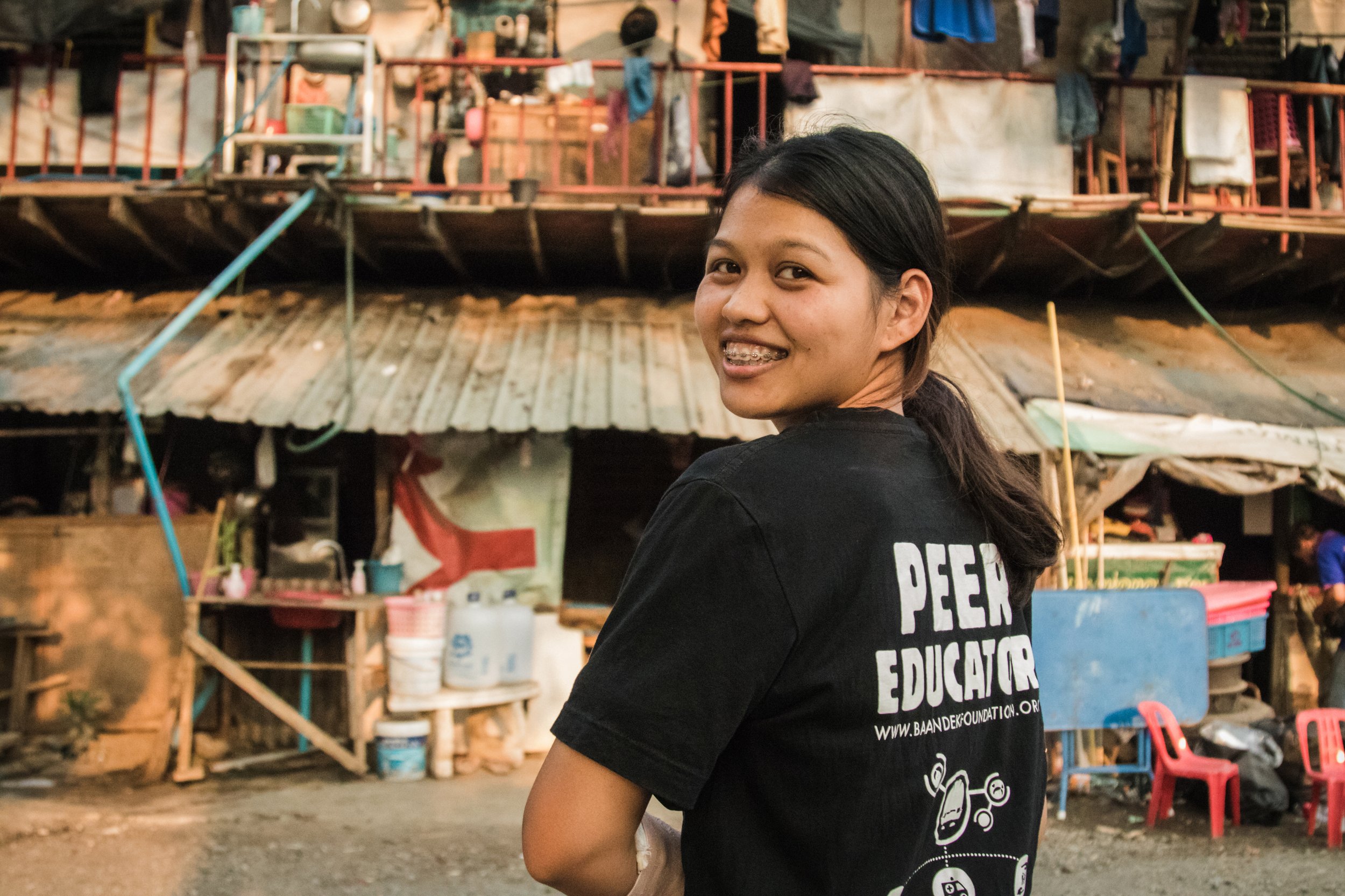
Peer Educator Project
Empowering communities sustainably through a peer-to-peer approach
The Peer Educator Project (PEP) seeks to improve the well-being and livelihood of children and their parents living in construction site camps and urban slums, where resources and support are lacking. BDF selects high-risk communities, empowering adults and youth as Peer Educators (PEs) to improve living conditions and enable independent access to public services.
Community members learn about accessing essential public services
PEP involves training community members, including parents, youth, and leaders, to identify critical situations, access public services, and exercise their rights. These trained PEs then conduct empowerment sessions in their communities, acting as information sources. The project also seeks to improve collaboration with local service providers and companies, raising awareness about the challenges and discrimination community members face in accessing public services.
Staff train Peer Educators in community safety
By addressing these issues and engaging stakeholders, BDF strives to create a more equitable and sustainable approach to public service access for marginalized communities.
A Peer Educator independently helps a child access public services





